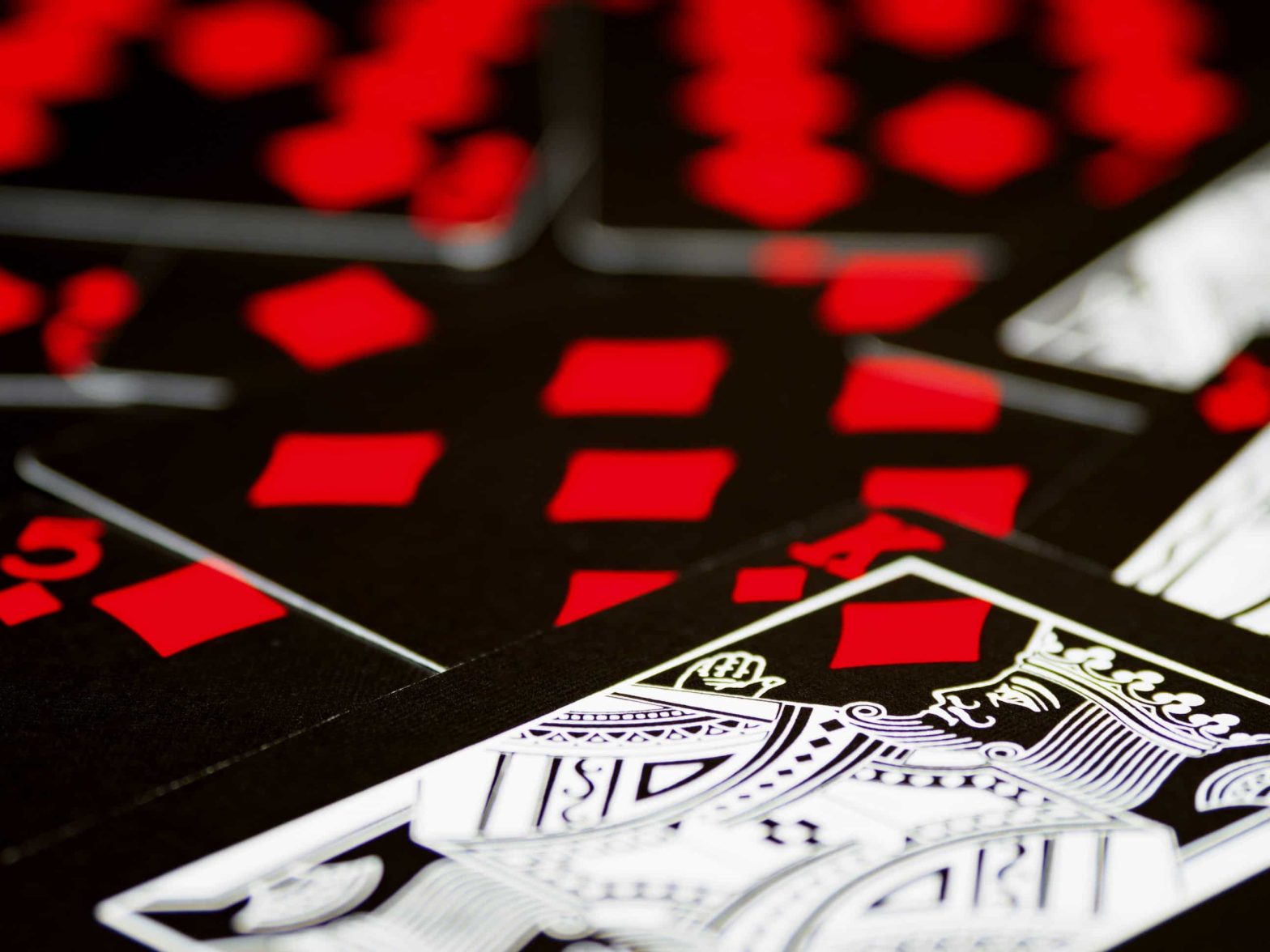Slot machines on Vave casino and similar platforms are one of the most popular forms of gambling. Bright lights and engaging sounds attract players. The promise of instant riches adds to the appeal.
Beneath the flashy exteriors, these machines are designed to keep players engaged—and spending. One powerful tactic is the “near-miss” effect. The game makes players feel like they almost won. This illusion tricks the brain into thinking a big win is close. As a result, players keep spinning, even when the odds are against them.
What Is the Near-Miss Effect?
The near-miss effect happens when a player almost wins. The reels stop, and the symbols line up in a tempting way. It looks like victory was just out of reach.
For example, imagine a slot machine that needs three matching symbols for a jackpot. A near-miss might show two jackpot symbols in a row. The third symbol lands just one spot away.
Even though the player loses, it feels close. This illusion makes them believe a win is coming. They spin again, hoping the next try will be the lucky one.
The Role of Psychology in Slot Machines
This tactic is based on behavioral conditioning. Psychologist B.F. Skinner studied how rewards shape behavior. In one experiment, he found that pigeons kept pecking a lever when rewards were unpredictable.
Slot machines work the same way. They use random rewards to keep players engaged.
Near-misses take advantage of the brain’s reward system. They activate dopamine pathways linked to motivation and pleasure. Studies show that near-misses trigger brain activity similar to a real win.
This reaction creates excitement and anticipation. Players feel like a jackpot is close. As a result, they keep spinning, hoping to turn a near-miss into a real win.
How Modern Slot Machines Engineer Near-Misses
Old mechanical slot machines had physical reels with a set number of stops. Each spin was completely random.
Modern slot machines work differently. They use random number generators (RNGs) to decide results. These machines seem random, but they are designed to create more near-misses than chance alone would allow.
Regulations prevent outright rigging. However, developers use “virtual reels” to manipulate outcomes. A single physical reel is mapped to multiple virtual stops.
By placing high-value symbols close together, casinos create the illusion of near-misses. This makes players feel like a jackpot is always just one spin away.
The Impact of the Near-Miss Effect on Gambling Behavior

Studies show that the near-miss effect fuels problem gambling. Research in Nature Neuroscience found that near-misses activate the brain’s reward system. This encourages players to keep spinning, even though a near-miss is just another loss.
Problem gamblers are especially vulnerable. They believe a near-miss means a win is coming. This leads to chasing losses—betting more to recover past losses.
Casinos take advantage of this. Slot machines are designed to keep players hooked. Many use “losses disguised as wins.” The player loses money but still sees flashing lights and hears celebratory sounds.
These tricks blur the line between winning and losing. As a result, players keep spinning, reinforcing compulsive behavior.
Are Near-Misses Ethical?
The ethical implications of engineered near-misses in slot machines have been widely debated. While casinos argue that gambling is an entertainment product and that players understand the risks, critics claim that these machines are deliberately designed to manipulate human psychology in ways that encourage addiction.
In response to growing concerns about gambling addiction, some jurisdictions have introduced regulations to limit the extent to which near-misses can be programmed into slot machines. However, enforcement remains difficult, as game developers continue to find ways to make losses feel enticing without explicitly breaking the rules.
Power in Disguise
The near-miss effect is one of the most powerful psychological tools in the casino industry, keeping players spinning the reels longer than they might otherwise. By exploiting the brain’s reward system, slot machines create the illusion of control and imminent success, even though the house always has the advantage. As gambling technology evolves, it is crucial to remain aware of these psychological tricks and recognize that, in the long run, the only guaranteed winner is the casino.For those who enjoy gambling, understanding these tactics can help maintain a healthy relationship with gaming, ensuring that it remains a form of entertainment rather than a financial trap.
